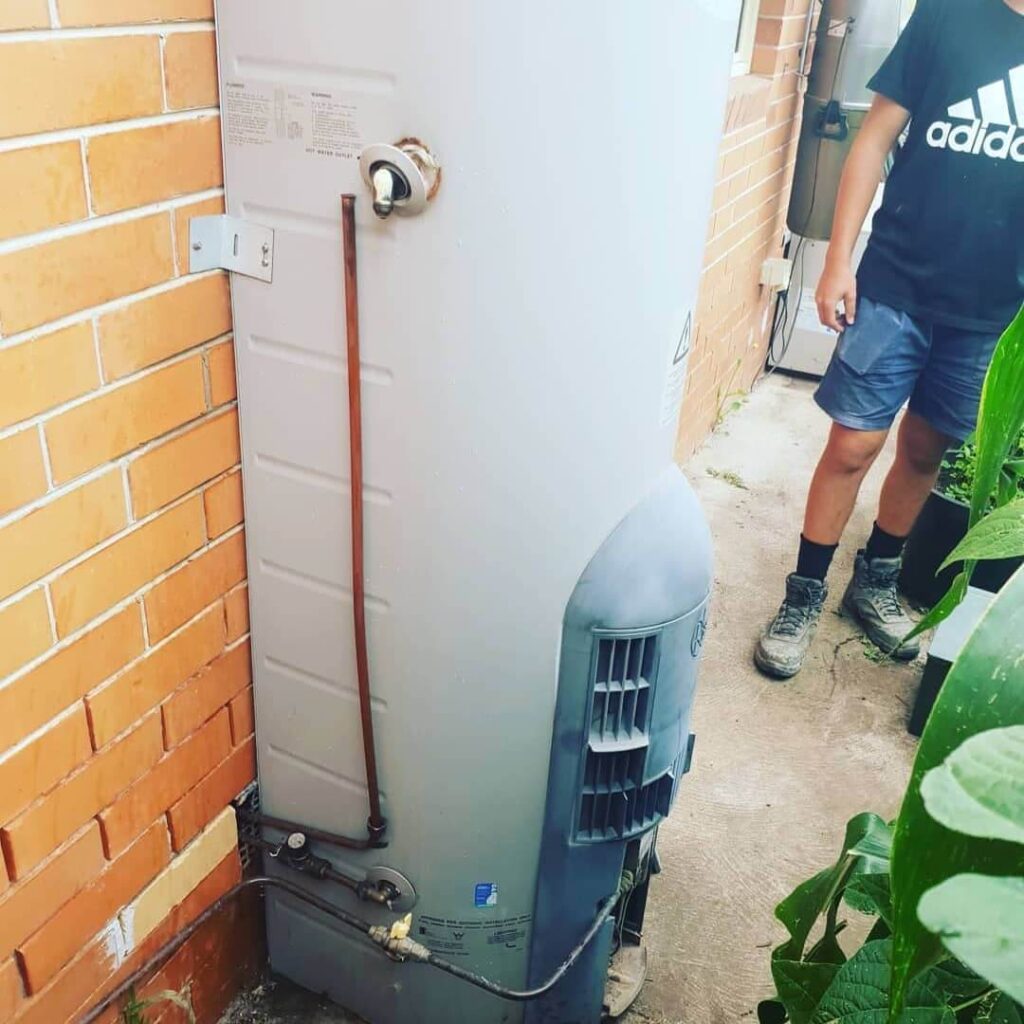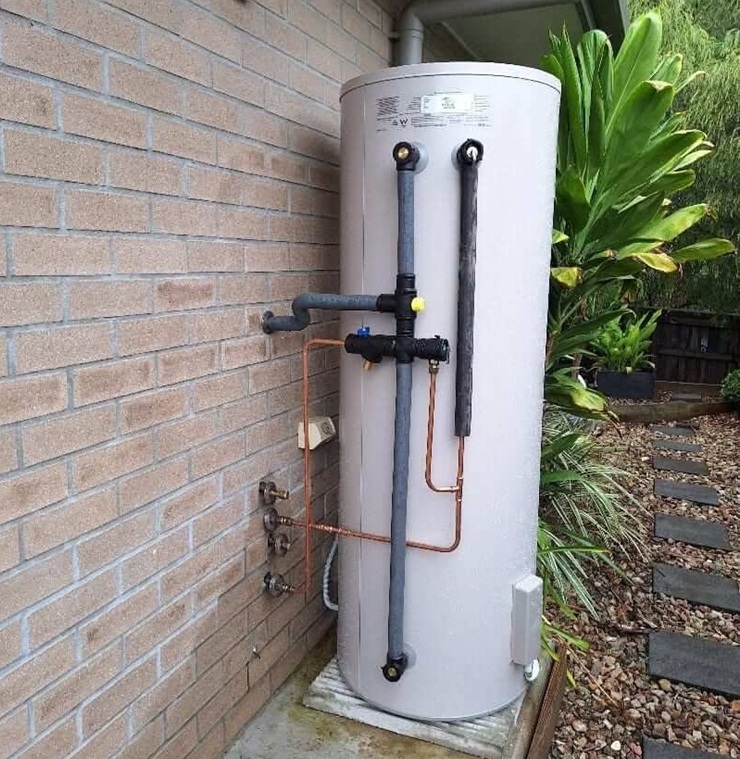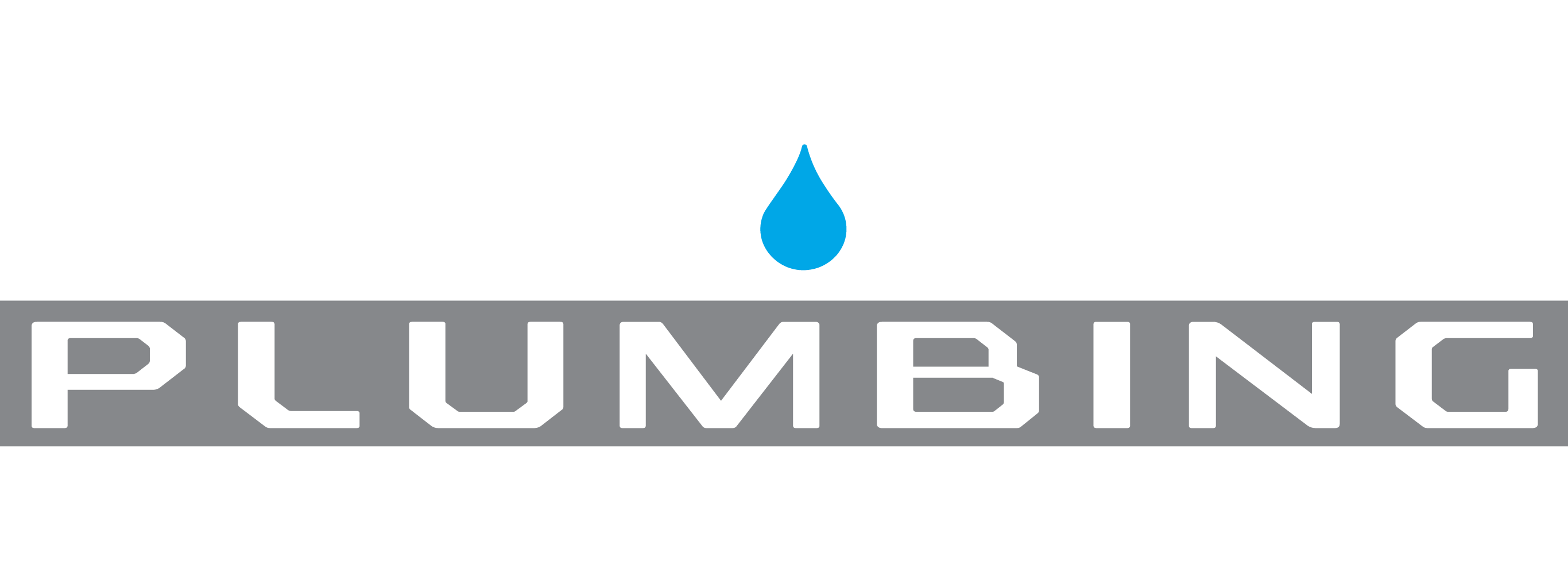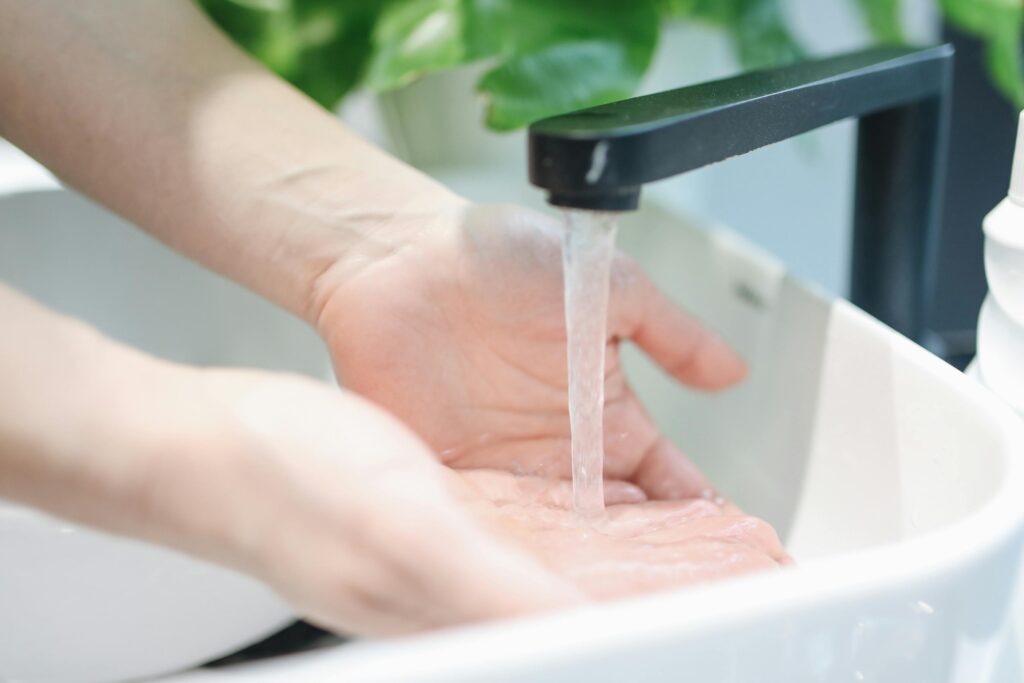Let’s be real – no one wants to run out of hot water mid-shower, especially on a cold Melbourne morning. Whether you’re building a new place in Craigieburn or replacing a busted system in Essendon, choosing the right hot water setup is about long-term cost, efficiency, and making sure your system can handle the needs of your household.
Here in Melbourne, where winters bite, and energy prices vary, the decision between electric vs gas hot water systems matters more than you think. Add in factors like whether your home has mains gas access, how many people live in the house, and how long you plan to stay – and it quickly becomes clear that the best hot water system depends on your specific situation.
That’s where we come in. At Jinavo Plumbing, we’ve helped families across Tullamarine, Glenroy, Thomastown, and North Melbourne weigh up their options and install systems that match their lifestyle and budget. In this guide, we’ll break down the pros and cons of electric and gas hot water systems, what rebates are available in Victoria, and what to consider before you make the switch. If you’re wondering “Is it better to heat hot water with gas or electric?” or “Is it worth switching from gas to electric water heater?”, keep reading. We’ve got the answers.
Types of Hot Water Systems Explained
Electric Storage
Electric storage systems heat water and store it in a tank, ready for use. They are generally more affordable upfront and easier to install, especially in homes without gas connections. However, they can have higher running costs, particularly if operating during peak electricity times.
Gas Storage
Gas storage systems use natural gas to heat water stored in a tank. They typically have faster recovery times compared to electric systems and can be more cost-effective in areas with access to mains gas. However, they require a gas connection and proper ventilation.
Electric Instantaneous
Also known as tankless systems, electric instantaneous heaters provide hot water on demand without storing it. They are compact and suitable for smaller households or apartments. While they eliminate standby energy losses, they may struggle to meet high hot water demands.
Gas Instantaneous
Gas instantaneous systems heat water as needed, offering continuous hot water supply. They are energy-efficient and ideal for larger households with high hot water usage. Installation requires a gas connection and may involve higher upfront costs.
Solar and Heat Pump Options
Solar hot water systems use solar panels to heat water, reducing energy bills and environmental impact. Heat pump systems extract heat from the air to warm water, offering high efficiency even in cooler climates. Both options may qualify for government rebates, making them attractive long-term investments.
Melbourne-Specific Considerations
Gas Availability
In many established Melbourne suburbs like Essendon and North Melbourne, homes are connected to mains gas, making gas systems a feasible option. However, newer developments in areas like Craigieburn and Thomastown may lack gas infrastructure, making electric systems more practical.
Energy Prices
Electricity prices in Victoria tend to be higher than gas, impacting the operating costs of electric hot water systems. For larger households with significant hot water usage, gas systems may offer lower running costs.
Climate Suitability
Melbourne’s cold winters can affect the performance of hot water systems. Gas systems generally perform better in colder conditions, providing faster recovery times. Heat pump systems are also effective, though their efficiency may decrease during extreme cold.

Pros and Cons Comparison
When it comes to choosing between electric and gas hot water, there’s no universal winner. It all depends on your household’s needs, location, and long-term plans. Both systems have their strengths and trade-offs, so it’s worth laying them side by side. Below, we break down the key differences to help you decide what’s right for your Melbourne home. Doesn’t matter whether you’re in Thomastown, Ascot Vale, or down in North Melbourne.
Let’s take a closer look at how they stack up:
| Feature | Electric | Gas |
| Upfront Cost | Lower | Slightly higher |
| Operating Cost | Higher | Lower (if mains gas available) |
| Speed/ Recovery | Slower | Faster |
| Environmental Impact | Higher (if from coal grid) | Lower (if using natural gas) |
| Installation Flexibility | Easy (requires power point) | Requires gas connection |
| Best For | Small households or off-grid homes | Larger homes with gas access |
Rebates & Incentives in Victoria
Upgrading to an energy-efficient hot water system in Victoria is not only environmentally responsible but also financially beneficial, thanks to several government-backed programs.
Victorian Energy Upgrades (VEU) Program
The VEU program offers rebates to households and businesses that replace inefficient hot water systems with energy-efficient alternatives, such as heat pumps or solar hot water systems. The rebate amount varies based on factors like the type of system being replaced and the new system installed. For instance, replacing an electric resistance water heater with a heat pump system can yield a rebate of approximately $840, while replacing a gas-fired water heater may result in a rebate of around $490.
It’s important to note that under the VEU program, there is a minimum customer contribution of $200 (including GST) for water heating system upgrades.
Solar Victoria Hot Water Rebate
In addition to the VEU program, the Solar Victoria Hot Water Rebate offers up to $1,000 for eligible households installing heat pumps or solar hot water systems. To qualify, applicants must meet criteria such as:
- Being the owner-occupier of an existing property.
- Having a combined household taxable income of less than $210,000 per year.
- Ensuring the property has not previously received a hot water rebate under the Solar Homes Program.
- Replacing a hot water system that is at least three years old.
This rebate is applied after any other discounts, including those from the VEU program, and is capped at 50% of the purchase price of the system, up to $1,000.
Combined Savings and Environmental Impact
By leveraging both the VEU and Solar Victoria rebates, households can significantly reduce the upfront costs of installing a new, energy-efficient hot water system. These systems can lead to substantial annual energy savings and a reduction in greenhouse gas emissions. For example, households replacing a gas hot water system with a heat pump system can save around $250 annually on energy bills.
Key Questions to Ask Before Deciding
Is my home connected to mains gas?
- If not, electric systems may be more practical.
How many people live in the house?
- Larger households may benefit from gas systems due to faster recovery times.
Do I want an environmentally friendly solution?
- Consider solar or heat pump systems for lower environmental impact.
What’s my budget for installation and long-term costs?
- Evaluate both upfront and operating costs to determine the most cost-effective option.

Find the Right Hot Water System for Your Melbourne Home
Choosing between electric and gas hot water systems depends on various factors, including your home’s gas availability, household size, environmental considerations, and budget. Gas systems are often suitable for larger homes with existing gas connections, while electric systems, especially heat pumps, are ideal for smaller or all-electric homes. To make an informed decision tailored to your specific needs, consult with a licensed plumber.
At Jinavo Plumbing, our team of reliable Melbourne plumbers is ready to assist you with hot water installation, hot water service, and hot water emergency service. Whether you’re in Tullamarine, Glenroy, or Ascot Vale, we have certified gas plumbers for new installations and can guide you through the best options for your home. Contact us today to discuss your hot water needs and take advantage of available rebates and incentives.


